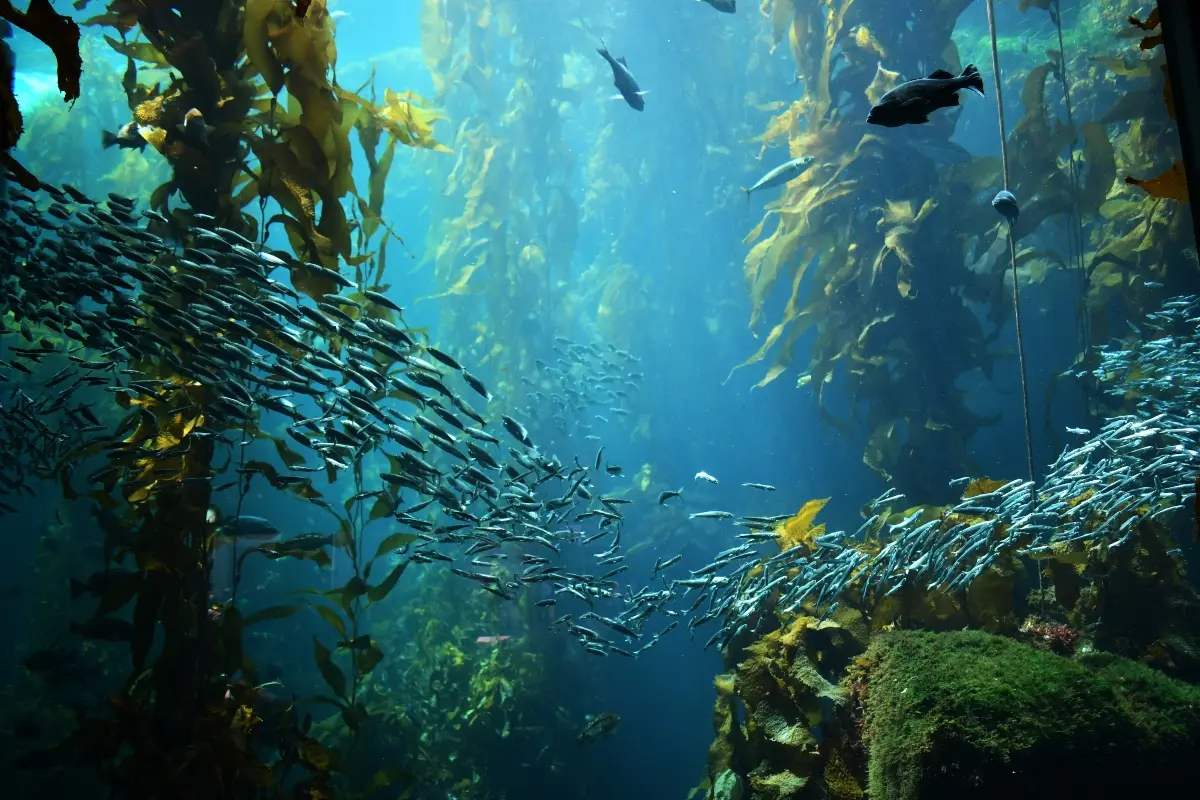
Regenerative Agriculture: Purina supports research into the use of algae
The possible role of biostimulants under consideration by a committee of experts for the next three years

Purina, Europe's leading pet care company, is supporting a three-year academic study by an expert panel on the possible role of algae-based biostimulants in regenerative agriculture. The research will aim to evaluate the potential impact of seaweed-based biostimulants on plant performance and nutrition, as well as on crop safety and quality. The analysis will be supported by field trials aimed at analyzing how, when applied to crops, seaweed extracts can improve soil health and mitigate the effects of abiotic stresses on crops, such as drought or frost and excessive heat. Furthermore, they will make it possible to evaluate how much it is possible to reduce the use of synthetic fertilizers while keeping productivity unchanged.
Supported by Purina, the study brings together a consortium of experts led by Fera Science Ltd. Wageningen University & Research (WUR), the Plant Science Group and the Kelp Forest Foundation will lead the research part, while Agricarbon UK and NatureMetrics will support the field trials with soil carbon analysis and soil biodiversity testing. Finally, two algae producers will supply these specific biostimulants.
As part of Nestlé's commitment to source 50% of its key ingredients from regenerative agriculture by 2030, Purina is exploring innovative approaches to agriculture. Indeed, in many regions of the world, food production is based on synthetic fertilisers, the excessive use of which can have a negative impact on the health of the soil, biodiversity, water and air, as well as on the climate.
Juli Plassmeyer, Vice President Global Marketing and Sustainability at Nestlé Purina Petcare, said: "Purina's strong commitment to sustainability includes the transition to regenerative agricultural practices for the sourcing of our ingredients. We need to explore innovative solutions like these to help accelerate the transition".
"This new project is part of a broader context aimed at exploring innovative solutions to safeguard our planet and restore value to the territories in which we are present", commented Rafael Lopez, Regional Director Italy and Southern Europe of Purina. “Together with the LENs - Landscape Enterprise Networks program we want to implement regenerative agricultural practices for the production of our raw materials and at the same time, contribute to improving soil health and reducing carbon emissions”.
The new project on algae-based biostimulants, in fact, is part of Purina's wider European-level commitments, guided by the Planetary Boundaries Framework, to address the impact of its activities on the environment. To contribute to the regeneration of soil and ocean ecosystems, Purina has committed to reducing the use of excess nitrogen and phosphorus from fertilizers in its agricultural supply chain and limiting land use to improve soil health through regenerative agricultural practices.
EFA News - European Food Agency